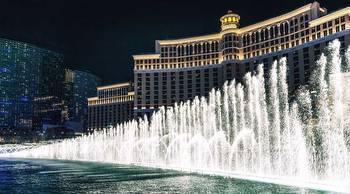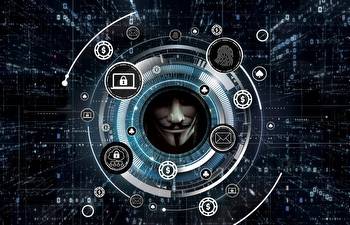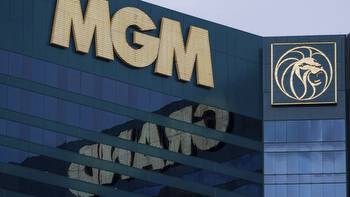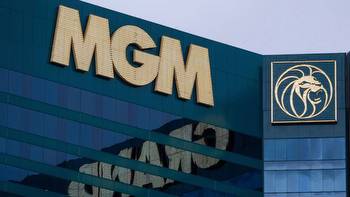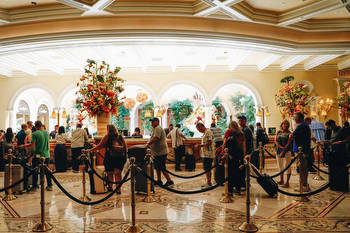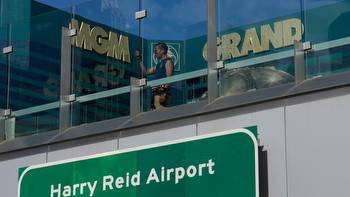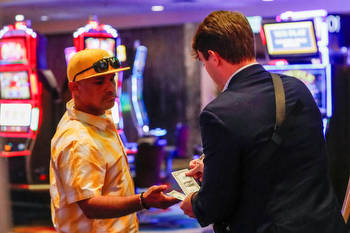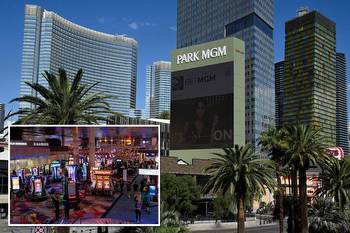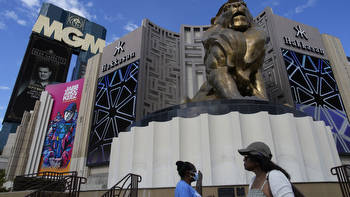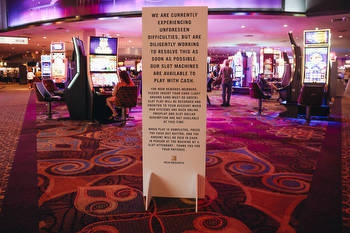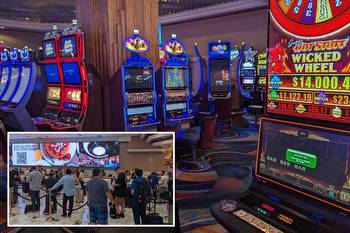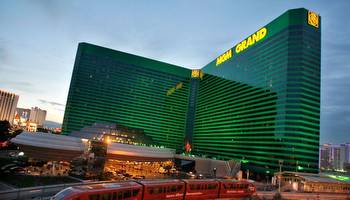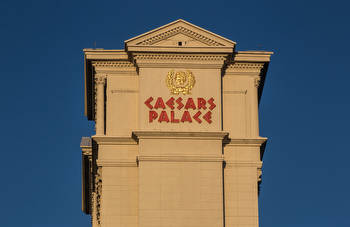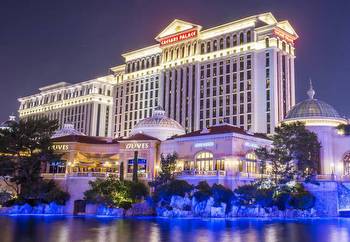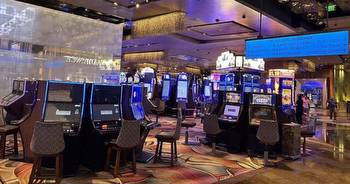Las Vegas Casinos Experience Cyberattacks
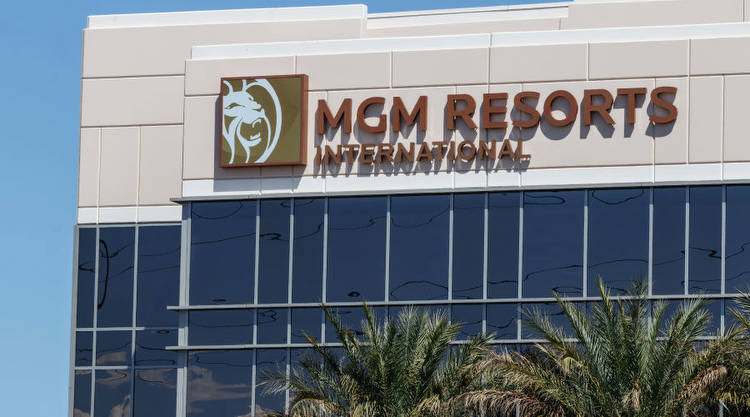 By Dave Lubach, Executive Editor
By Dave Lubach, Executive EditorThe “Ocean’s Eleven” movie and its sequels were about a band of criminals who try to execute a brilliant theft of millions of dollars from a casino vault during a Saturday night boxing card. Earlier this month, a real-life cyberattack caused some significant issues for several casinos on the famed Strip.
Major Las Vegas casinos are still working through issues created by a cyberattack that affected such noted properties as the Bellagio and the MGM Grand.
ABC News reported that hackers struck MGM Resorts on Sunday, Sept. 10, causing the chain’s casinos and hotels to become unusable. The hack shut down slot machines and ATM machines, put elevators out of order and forced customers to wait hours to check into their rooms.
MGM’s websites went live again on September 15 and employees received paychecks after concerns that the hack knocked out payroll systems. The Las Vegas Review-Journal reported Monday that MGM waived change and cancellation fees for Sept. 13-17 bookings and is currently only accepting reservations through third-party booking sites.
Another major Las Vegas gaming corporation, Caesars Entertainment, also was a cyberattack target.
MGM Resorts does not yet know how the attack occurred or any organization that might be responsible. The FBI is working with MGM Resorts to investigate. A group that researches malware information on the internet claims that a ransomware group named “ALPHV” is allegedly behind the cyberattack.
The research group said all that was done to compromise the resort sites was “hop on LinkedIn, find an employee, then call the help desk. A company valued at $33.9 billion was defeated by a 10-minute conversation.”
It was reported by Bloomberg News that Caesars Entertainment paid millions to get its data back to the same ransomware group that allegedly hacked into MGM Resorts. In an SEC Form 8-K filing, Caesars said that hackers accessed its loyalty program database that included driver’s license numbers and Social Security numbers of members.
A security expert told the Review-Journal that the hack should not affect Vegas’ tourism industry.
Dave Lubach is executive editor of the facilities market.
Read next on FacilitiesNet







